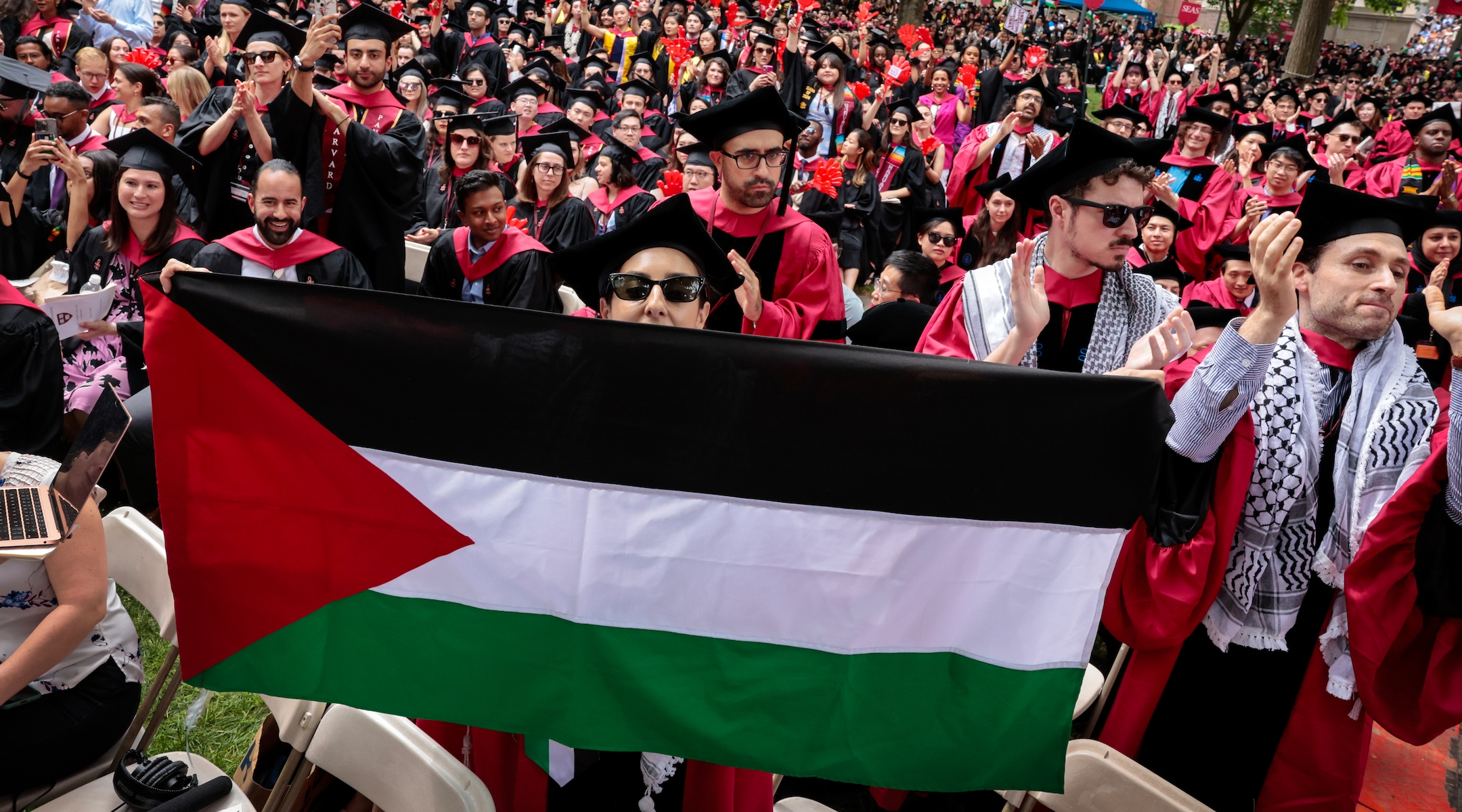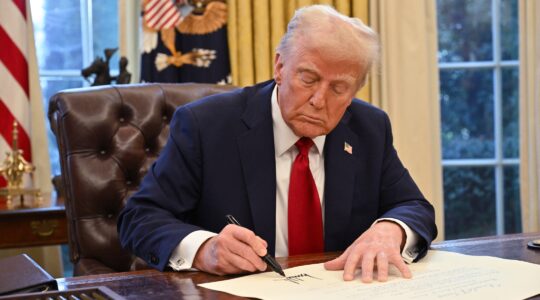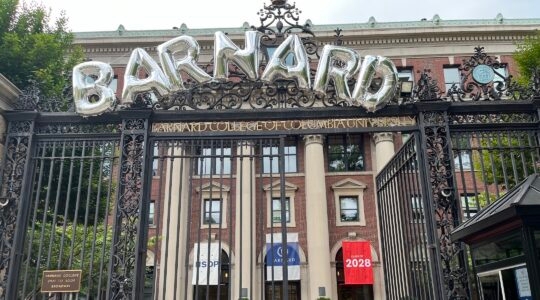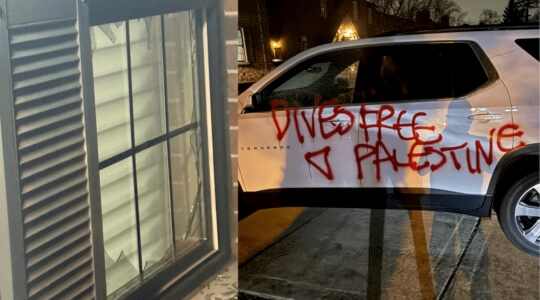Harvard University has settled two lawsuits with Jewish groups accusing the school of fostering an antisemitic environment in the aftermath of the Oct. 7, 2023, Hamas attacks, as President Donald Trump retakes office with a promise to more heavily police universities for such cases.
As part of the settlements, Harvard says it has agreed to an unspecified monetary payout; to change its policies around anti-Zionist speech and devote more resources to study antisemitism; and to pursue a new partnership with an Israeli university.
It will also partner with the Brandeis Center for Human Rights Under Law, one of the groups that had sued the school, “to host a variety of events on campus.”
“Today’s settlement reflects Harvard’s enduring commitment to ensuring our Jewish students, faculty, and staff are embraced, respected, and supported,” a Harvard spokesperson said in a statement. “We will continue to strengthen our policies, systems, and operations to combat anti-Semitism and all forms of hate and ensure all members of the Harvard community have the support they need to pursue their academic, research and professional work and feel they belong on our campus and in our classrooms.”
Harvard took fierce criticism over its handling of campus protests amid the Israel-Hamas war. Its president, Claudine Gay, resigned under intense pressure after being grilled by GOP Rep. Elise Stefanik, a Harvard graduate who is now Trump’s nominee for United Nations ambassador and recounted the now-infamous hearing at her Senate confirmation hearing on Tuesday.
The school also briefly faced a Title VI investigation by the Department of Education until the lawsuits preempted it.
The agreement reflects a wish list of many pro-Israel groups that demanded a more forceful response from universities to the explosion of pro-Palestinian activism on their campuses. The Brandeis Center and Students Against Antisemitism, the groups that reached settlements with Harvard, praised the school for taking such steps.
“We are heartened that Harvard has agreed to take numerous important steps necessary to creating a welcoming environment for Jewish students,” Kenneth Marcus, the Brandeis Center’s founder and chair and a former Trump education department official, said in a statement. He added, “We look forward to working with Harvard on the important work in this agreement to ensure that the rights of all students are protected.”
Harvard’s move to consider some attacks on Zionists as violations of its non-discrimination policy follows similar steps from New York University and some other schools. The Brandeis Center has urged changes of that nature, asserting that Zionism is an integral part of many Jewish students’ Jewish identities.
In its statement, the Ivy League school said that rhetoric violating the policy could include “excluding Zionists from an open event, calling for the death of Zionists, applying a ‘no Zionist’ litmus test for participation in any Harvard activity, using or disseminating tropes, stereotypes, and conspiracies about Zionists (e.g., ‘Zionists control the media’), or demanding a person who is or is perceived to be Jewish or Israeli to state a position on Israel or Zionism to harass or discriminate.”
Harvard’s promise to pursue a new partnership with a yet-unnamed Israeli university, on top of its existing ones, is a rebuke to a chief demand of pro-Palestinian campus activists nationwide: for schools to eschew working with Israeli institutions entirely. Some leading academic groups have also embraced that demand.
In its own statement on the settlement, Harvard Hillel did not explicitly praise or criticize the terms. Instead, director Rabbi Jason Rubenstein noted, “These lawsuits are not, and never were, the only avenue the Jewish community is pursuing as we assert our rights at Harvard.”
Rubenstein said the school still needed to address “the entrenched anti-Zionist orthodoxy of certain academic fields” and historically low admission of Jewish students. He noted that a more thorough report from the school’s internal task force on antisemitism was forthcoming — and that Harvard Hillel was hiring for a role to ensure that its recommendations were implemented.
Shabbos Kestenbaum, a recent alum of Harvard’s Divinity School who had initially joined the Students Against Antisemitism lawsuit, did not join the settlement and is continuing his own separate suit against the school. Kestenbaum became an outspoken critic of the school after Oct. 7 and has entered the world of conservative politics, speaking at last year’s Republican National Convention and endorsing Trump.
JTA has documented Jewish history in real-time for over a century. Keep our journalism strong by joining us in supporting independent, award-winning reporting.






